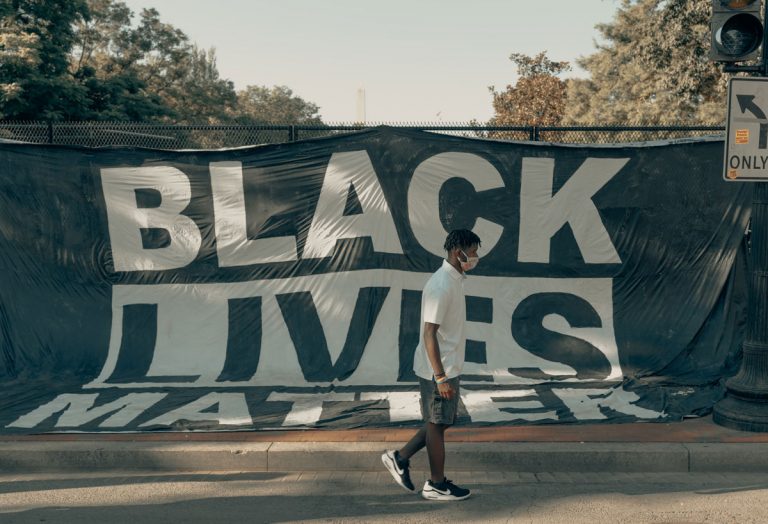Louisville to pay a $12 million settlement to Breonna Taylor family

In the aftermath of the police raid in which 26-year-old emergency medical technician (EMT) Breonna Taylor was killed, the city of Louisville in Kentucky has agreed to a $12 million financial settlement with the victim’s family. The city also agreed to institute changes aimed at preventing future deaths by officers.
The agreement, which was announced Tuesday 15 September, settled a wrongful-death lawsuit brought by Taylor’s family. After months of demonstrations that have left Kentucky’s largest city boarded up, and 6 months after the death of Breonna Taylor in a botched drug raid, city officials have finally agreed to pay her family and institute changes in order to prevent future deaths by police.
This deal is reportedly the biggest payout made by police in the city’s history, according to The Washington Post. In 2012, Louisville paid out $8.5 million to Edwin Chandler after he was wrongfully imprisoned for almost a decade.
The settlement comes after weeks of private talks and negotiations and also includes policing reforms such as a “requirement that commanders approve all search warrants before they go to a judge,” a source told Courier Journal. The settlement also states that officers who choose to live within city lines will receive housing credits, and officers involved in any shooting would be drug and alcohol-tested.
Speaking at a press conference on Tuesday afternoon, Mayor Greg Fischer said: “My administration is not waiting to move ahead with needed reforms to prevent a tragedy like this from ever happening again. When you know what the right thing to do is you do it. Why wait?”
Sam Aguiar, an attorney for Taylor’s family, said the city’s handling of the case had been “slow and frustrating” but hoped the settlement could be “a turning point” for substantial police reform. Since Taylor’s death, activists have led demonstrations around the country to demand that the police be held accountable and that the city council defund the police.
It should be noted that the agreement didn’t require the city to acknowledge wrongdoing. Still, Taylor’s family received more than double the amount paid to the relatives of Eric Garner, the man who died in a police chokehold in 2014. Although a few other cases resulted in larger payments, many of them came only after years in court battles. The Louisville agreement was reached in just months.
But this settlement is also surprisingly different for other reasons. Louisville agreed to a dozen of extra changes in an effort to calm the protests down, which is quite unprecedented. The new changes, more specifically the policing ones, will introduce mandatory safeguards that previously were common practice in the department but were not followed the night of the raid. They will also put in place an early warning system to flag police officers who have been accused of ‘excessive force’.
It seems unlikely that a criminal inquiry conducted by the state’s attorney general will result in charges against at least two of the officers, who were standing directly in front of Taylor’s boyfriend when he opened fire first. A third officer, though, has been fired for shooting recklessly that night. According to The New York Times, because the officers were fired upon first, “their actions may be protected under Kentucky’s statute allowing the police to use lethal force in self-defence.”
The results of the investigation are expected to be released soon but if no charges are brought, this settlement might be the closest Taylor’s family comes to justice, along with the changes it demanded. Officers will now be encouraged to perform two hours of paid community service each pay period and will receive housing credits to encourage them to live in the neighbourhoods they police. Furthermore, the police will only be able to conduct a search with ambulances nearby. No-knock search warrants are now banned in the city and similar legislation that would ban the warrants nationwide was introduced in the US Congress.
Change might be coming but justice still isn’t.





